Counseling for Young Adults
Young adults nowadays are among the first generations to grow up in a world driven by digital technology. Not to mention the world wide traumas they have all lived through - 9/11, recession and market crash, huge natural disasters, global pandemic and to cap it all off the job landscape rapidly shifting from its traditional ways to something brand new and largely remotely based.
Young adults today - again are the first generation to have digital technology and social media during their foundational childhood years and this impact on how it shaped them - and continues to shape them is still to be determined. They have been for years and continue to be constantly exposed to vastly differing views on politics and religion from loved ones and strangers online. There is also just an overall greater sense of uncertainty surrounding the future of our society than in years past. And on top of all this, these young adults are faced with an overwhelming number of options, each with its own risks and benefits.
In my opinion, the transition from childhood years to adulthood is not as clear-cut as past generations have been. There is no longer a “prescribed” life plan for you. Well maybe there is - within your family or cultural system - but you have greater chances, access and supports to skew from it compared to past generations. Which is cool - but also terrifying and creates a lot of pressure with the unlimited options that are at your fingertips.
It is now typical for individuals in their 20-30s to ask the questions “Who am I?” and “What do I want my life to look like?” These shifts have reflected significant changes in how one might relate to the world around you and how others in society view you.
You might not take the first job that lands in your lap (and your parents may think this is a dumb decision because it is a secure steady income). You may of started college and dropped out because it’s not really want you wanted to do (and people in your life may be pressuring you to go back and “just get the degree”). You may of graduated with a marketing degree but figured out that you really want to go teach 1st grade (and may feel behind and that you wasted time and money getting that degree). Whatever it may be for your specific situation - it is certain that todays young adults have more options than others - but that does not just lead to abundance - though it can - it can also bring on some other things such as pressure, anxiety, judgement, shame and others. With these shifts a certain amount of anxiety and grief is expected.
HOWEVER…
when you feel overwhelmed or underprepared to face the stress of a transition, more serious symptoms of anxiety and depression may develop and affect your mood, motivation, and decision-making skills. These types of issues can affect your social, emotional, and physical well-being and make it difficult for you to develop or sustain meaningful relationships and to work toward educational and occupational goals. When this happens people often feel alone, scared and like something is wrong with them. But in reality - this is just the natural response to the rub and friction adulthood brings into our lives and is very normal to go through at some point in this transition from childhood to adulthood.
COUNSELING IS HERE TO HELP YOU…
become more aware of your internal responses to these challenges as well as help you recognize and bring awareness to the various patterns that run your life and explore new ways to cope and be with these parts of yourself. This awareness will create new opportunities for learning more adaptive ways of relating to others, yourself and coping with life’s many stressors.
IN COUNSELING WITH SHANNON GONTER…
you can start to feel more capable of dealing with the challenges of adulthood, more connected to self and others, and more empowered to make decisions and follow through on plans that reflect your renewed sense of self and purpose.
Reach out today to learn more about what working with her looks like if you are in the Louisville or Kentucky area.
Now of course all generations have had their things and struggles and all people have gone through this transition but that does not mean that everyone was given the space to explore, normalize and process this transition. I have worked with a lot of 45 year olds who would not call themselves a “young adult” longing for a space to process how difficult this transition was and carrying with them the burdens from these early adult years.
The young adulthood years are foundational for all. Connect with a professional and get assistance in unloading and carrying some of what you may be carrying - no matter your age. You are not alone - and it is never too late.
Written by Shannon Gonter
I specialize in working with individuals aged 18-35. Some presenting concerns that I most commonly work with are stress, relationship issues, difficulty saying “no” to others, difficulties recognizing emotions and emotionally connecting to others, anger, and intimacy issues, among others. I am trained to help you become more aware of your emotional responses to these challenges and help you recognize problematic relational patterns and new ways to cope. This awareness will create new opportunities for learning more adaptive ways of relating to others and coping with life’s stressors.
The information and resources contained on this website are for informational purposes only and are not intended to assess, diagnose, or treat any medical and/or mental health disease or condition. The use of this website does not imply nor establish any type of therapist-client relationship. Furthermore, the information obtained from this site should not be considered a substitute for a thorough medical and/or mental health evaluation by an appropriately credentialed and licensed professional.
